Superposition Theorem | Procedure, Limitations, and Applications
Introduction The superposition theorem states that the voltage or current in any part of a linear…
Reciprocity Theorem | Statement, Limitations, and Applications
Introduction The reciprocity theorem in electrical networks says that if you have a bunch of…
Globalisation | Dimensions, Causes, Merits, and Demerits
Introduction Globalization means that countries are becoming more connected to the global economy. In the…
Privatisation | Measures, Causes, Objectives, and Advantages
Introduction In the late 20th century, many countries, including India, saw a shift towards privatization,…
Production | Methods, Factors, and Importance
Introduction In economics, the term "production" doesn't refer to the creation of physical goods, but…
Division of Labour | Main Forms, Advantages, and Favourable Conditions
Introduction Adam Smith came up with the idea that people should do what they're best…
Capital | Features, Classification, Functions, and Efficiency
Capital Capital is a crucial factor in production. In everyday language, we often use terms…
Financial management | Types, Objectives, Functions and Career
Definition Financial management is like being the money boss of a business. Whether it's a…
Piezoresistive | Construction, Working, Advantages, and Application
Piezoresistive Piezoresistive materials are substances that exhibit changes in electrical resistance when subjected to mechanical…
Physical Sensors | Classification, Types, and Advantages
Introduction Physical sensors are devices that detect and respond to physical input from the environment.…
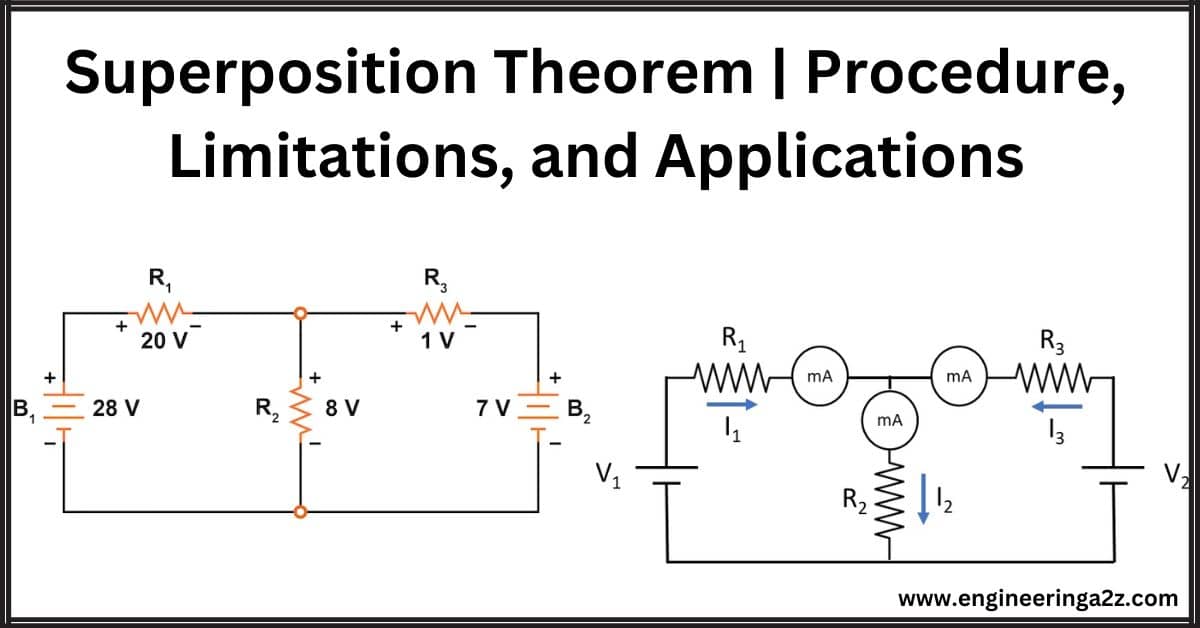
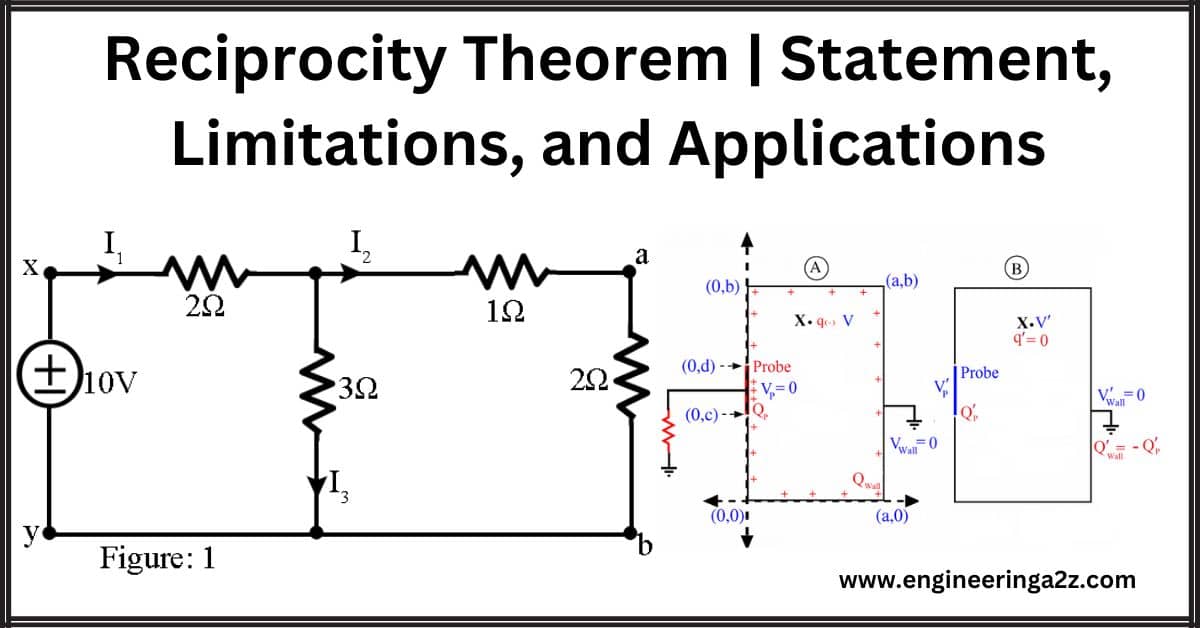

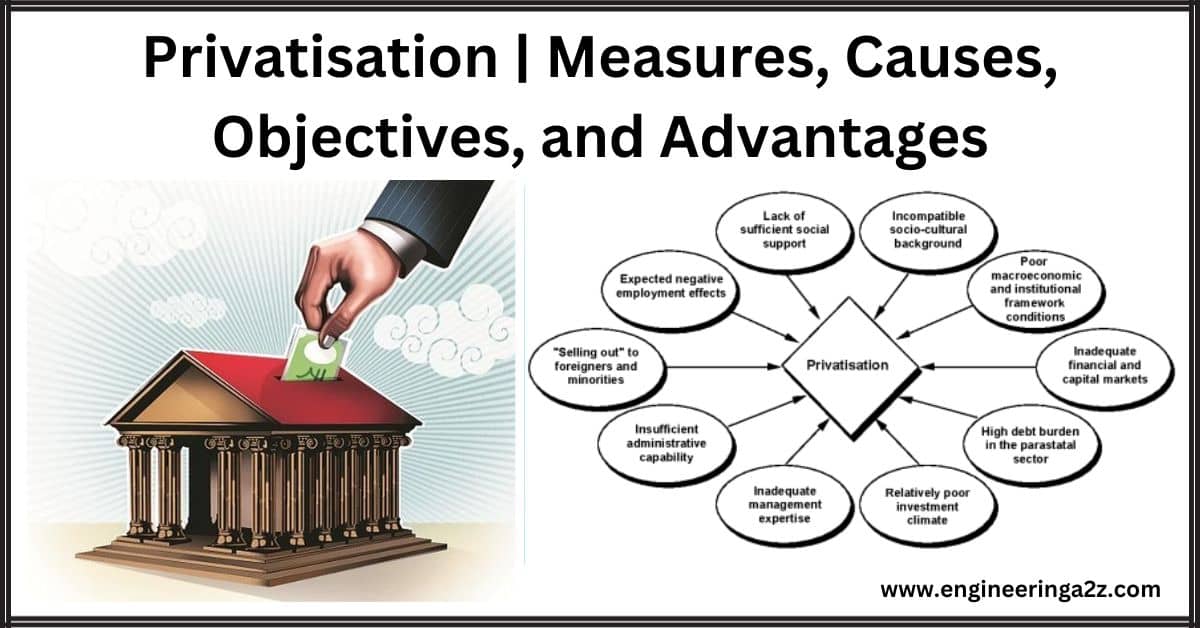
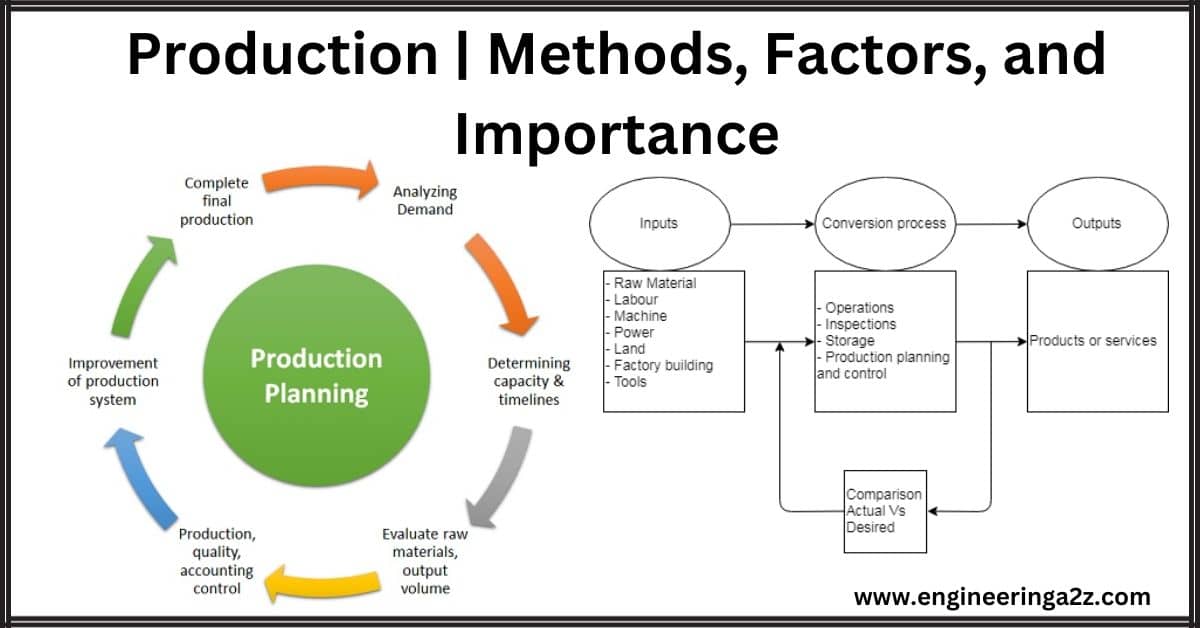
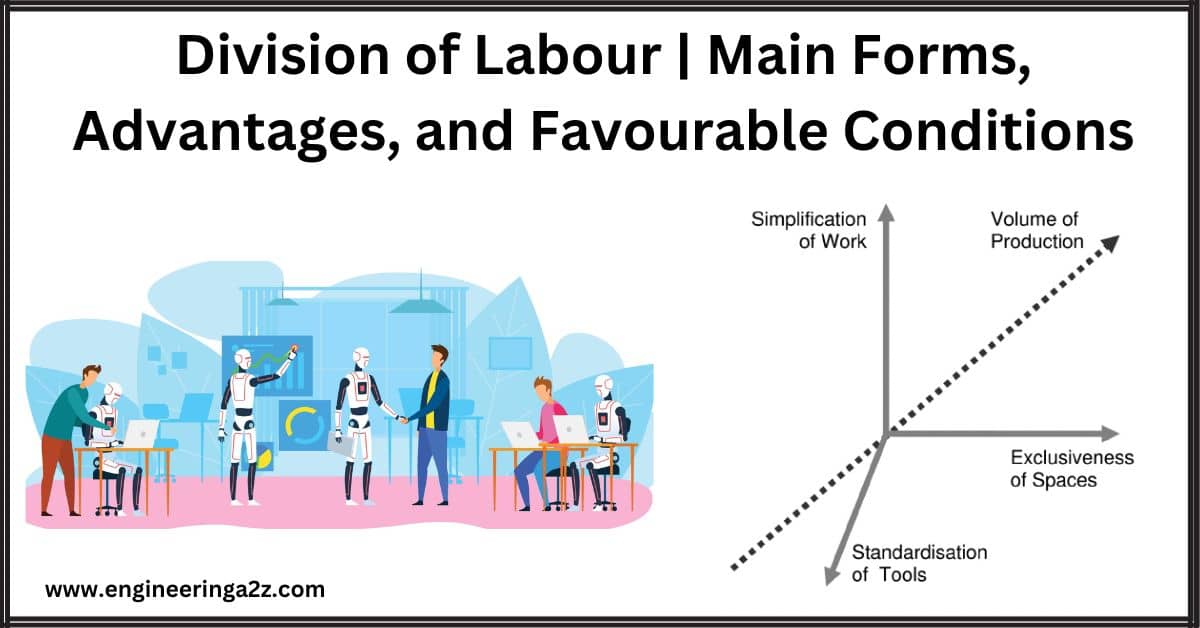
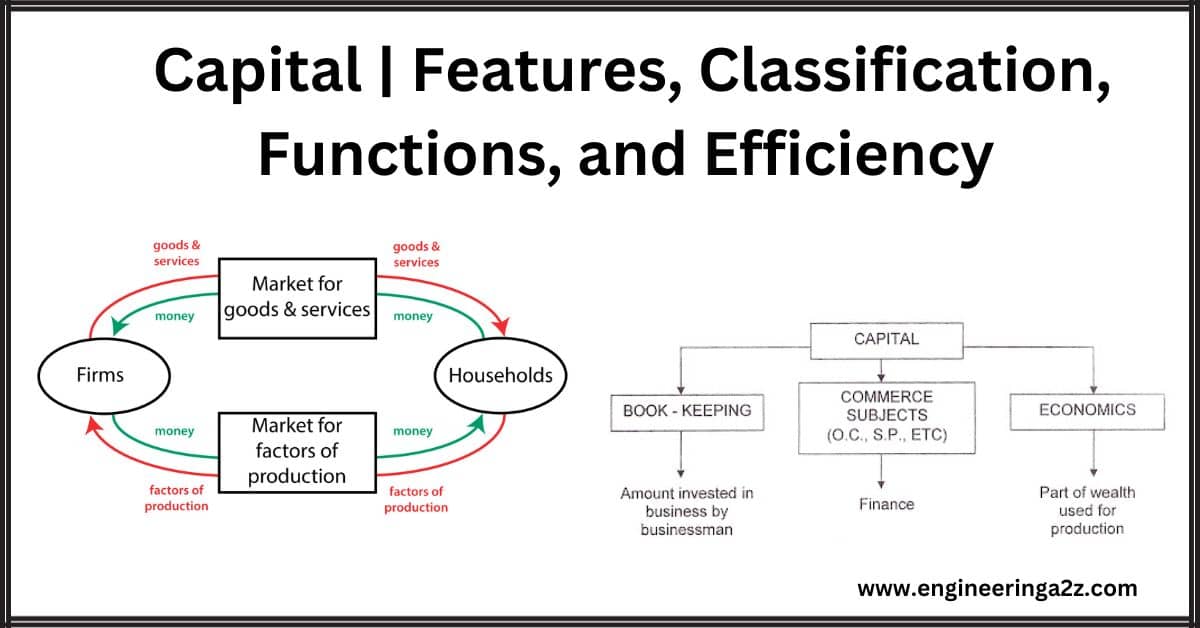

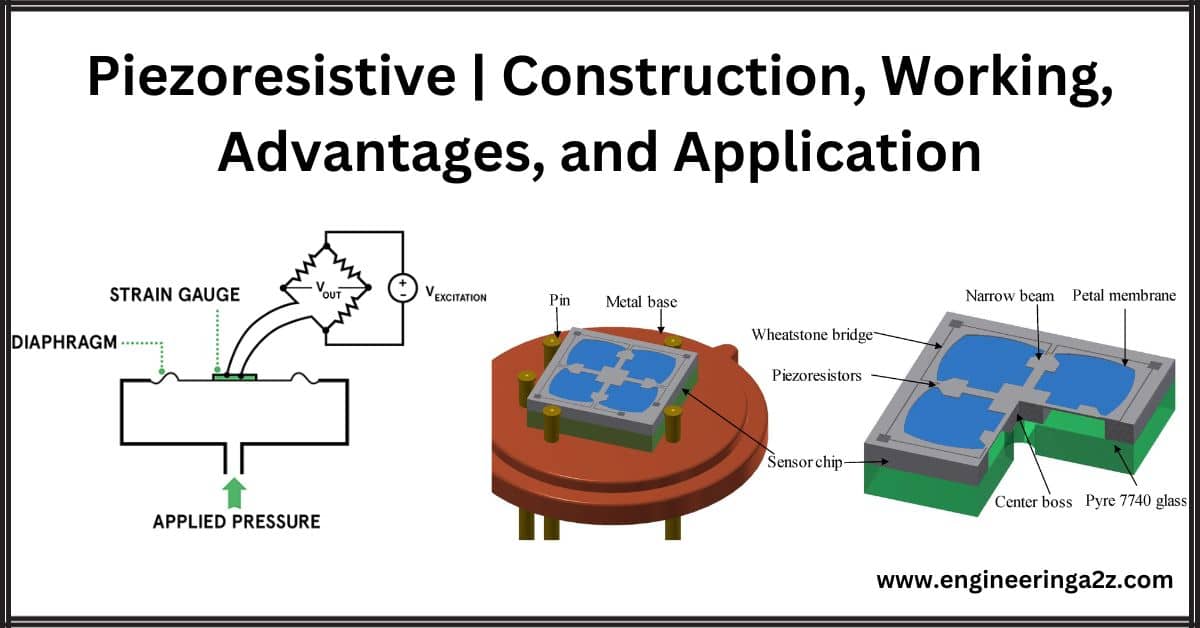
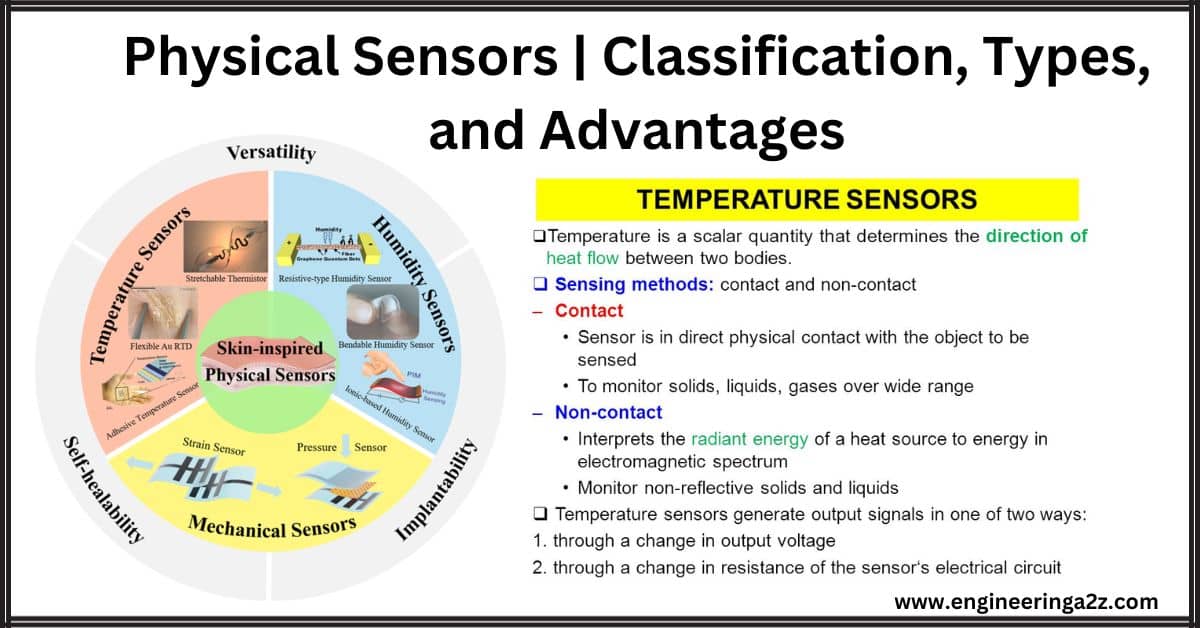






Comments